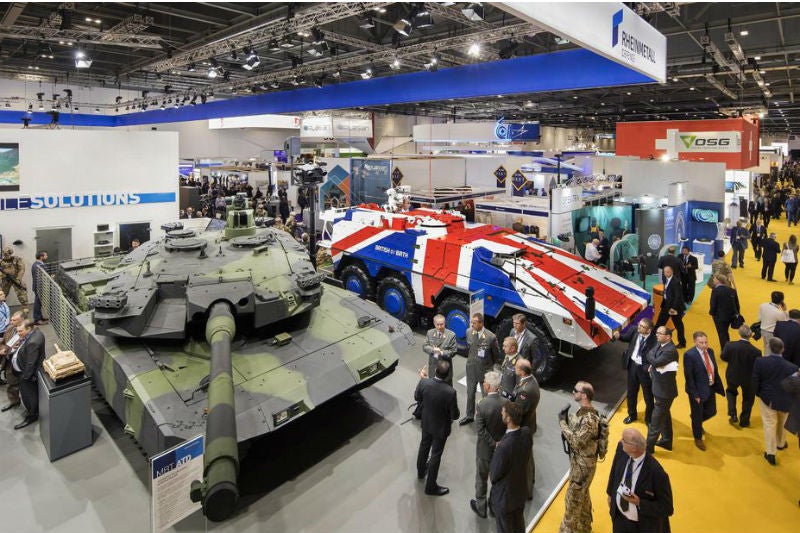
ADS Group, the UK trade association for the aerospace, defence and security sectors found that the industry contributed £38.2bn ($48.4bn) to the UK economy in the last year, a value that has increased by 50% in the last decade.
The combined turnover was £88.4bn in 2023, with almost half of the combined industry turnover generated through exports.
The latest figures from ADS Group showed an increase across all its sectors, despite lasting headwinds from the global pandemic stalling manufacturing productivity, issues in the labour force driving a critical skills gap, and a production capacity that is below demand.
The information published on 26 June, 2024, is the first decade-long retrospective from ADS Group, is a collation of estimates and reported data from a range of sources.
The increase in turnover does not directly maps onto a rise in employee numbers in the UK, although growth here has still been significant, with in increase in direct employees of 29% in the last ten years, up to 427,500.
Breaking out the information specific to the Defence sector, the contribution to the UK economy in 2023 was £12bn, an increase of 36% since 2013. Turnover was £28bn, which has grown 31% in the last decade, with £9.5bn in exports, up 18% since ten years ago. Employee figures are up to 164,000 in 2023, showing 16% growth across the ten-year period. Last year ADS Group found the Defence contribution to the UK economy for 2022 was £9.8bn.
Looking ahead of the election in July, ADS Group, as the trade association for the UK defence industry, are clear in their view of what the defence sector requires to prosper in the coming years.
Chiefly this centres on an integrated procurement model with embedded spiral development, as an approach to accelerate procurement processes and open a path for innovation and new technologies. As an example, ADS Group recognises and opportunity for UK industry in drone warfare, pairing commercial and traditional defence capabilities.
ADS Group also recognises the potential for the involvement of non-traditional defence players to enter the sector, specifically elements of the UK’s AI ecosystem, which draws on academia, and small and medium start-up enterprises.
They also point to the difficulties seen in Europe over delivering an Integrated Air Defence Missile as an example of poor incorporation of civilian technologies, but holds it up as an example opportunity for UK business to play a leading role in providing the required layered capability to counter emerging threats, opening up rewards for the UK economy.
The need for forging international collaboration is also a clear requirement for the UK defence sector, with geopolitical tensions rising and a changing threat environment. Nato’s Defence Production Action plan has laid out a framework for the UK to cooperate in with its allies to increase production capability, but work is still needed for a coherent UK response to the European Defence Industrial Strategy that will promote UK-EU defence cooperation.
Further afield, the UK has exciting opportunities ahead in within Pilar Two of AUKUS. ADS Group believe that a UK government seeking to capitalise on this partnership with the US and Australia to promote new initiatives for industry will need to be supported by the delivery of relevant export controls and derive the greatest benefit for its economy.



